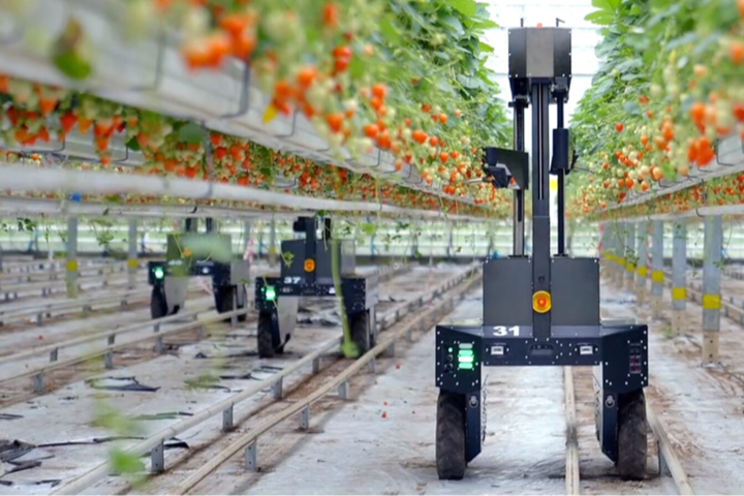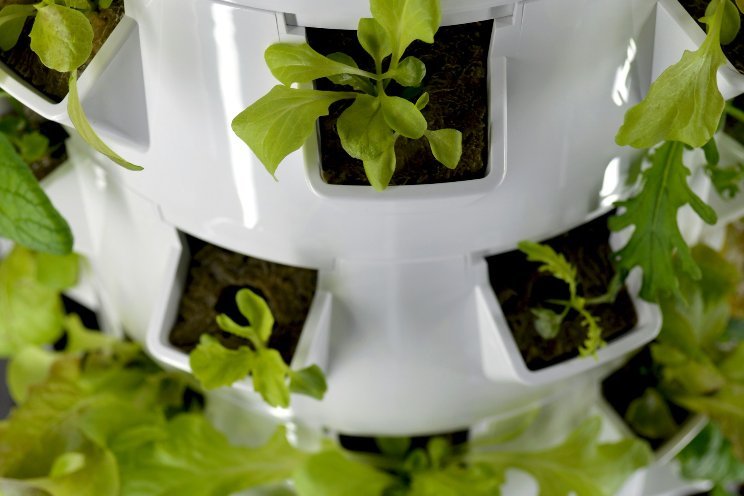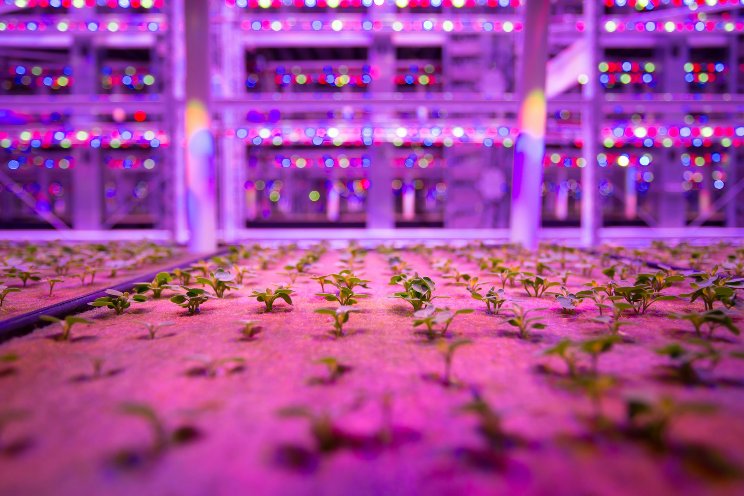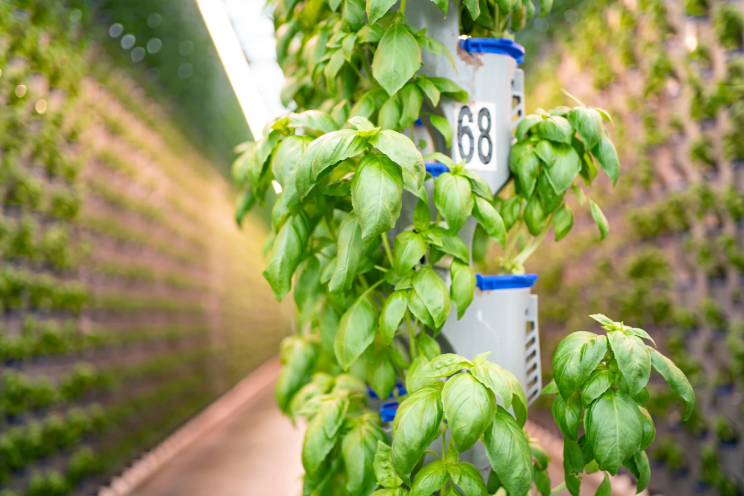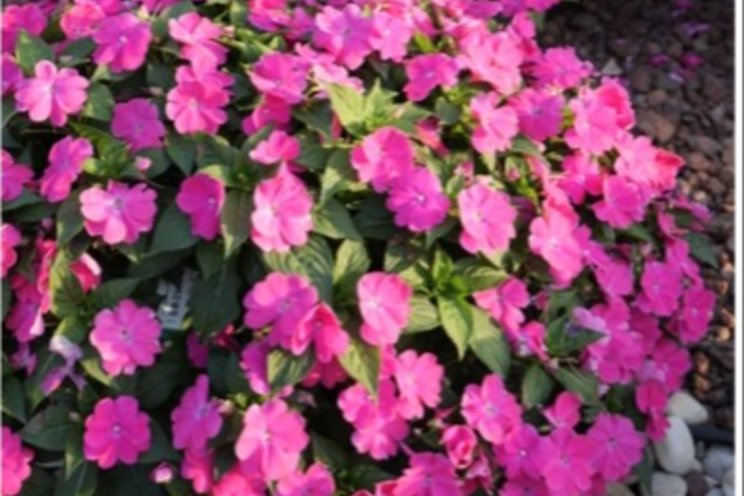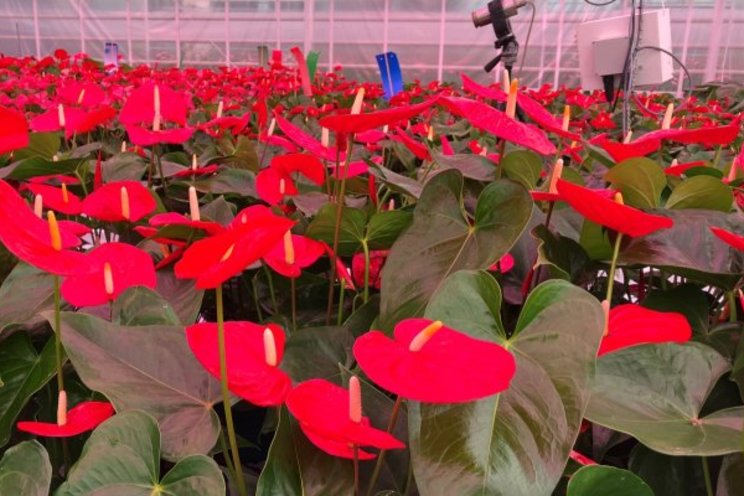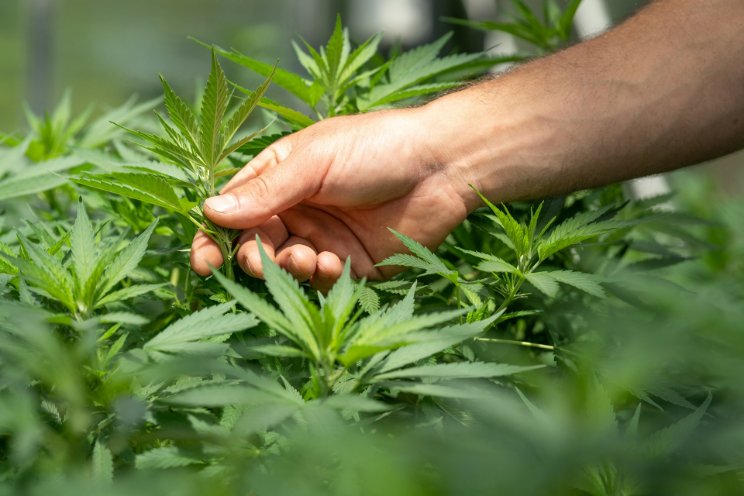Crop receives its own organic substances back
Added on 20 March 2023

Organic substances in irrigation water
By secreting organic substances, a plant can, for example, attract micro-organisms that convert nitrogen into an absorbable form, protect itself against harmful micro-organisms or warn other plants of an attack by a disease (such as thrips). Examples of those substances include amino acids and organic acids. They end up in the water around the roots and provide a favourable microbiology.
When growing in rockwool, for example, that water is drained away. The drain water is then disinfected so that it can be used as irrigation water, but the organic substances remain in the water. After all, they are dissolved in the water and are therefore not removed by a filter, for example: this can only be achieved through specialist techniques, such as reverse osmosis or an active carbon filter.
Exact effects unknown
Because of this, the organic substances are returned to the crop at a later time and at a different location. The exact effects of this are not known. However, it happens with some regularity that growers who recycle see unexplained growth inhibitions in their crop. This can be investigated more thoroughly through new measurement and analysis methods.
Photo Courtesy of Wageningen University & Research
More news
